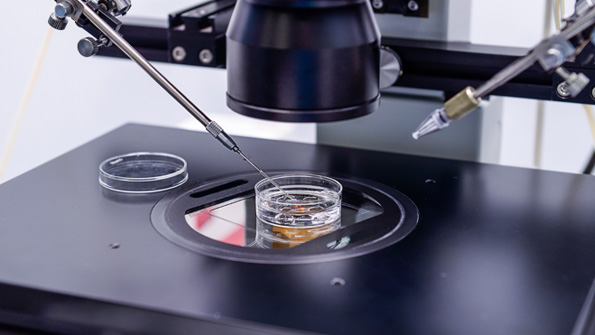Key Considerations from the Updated FDA Quality Management System Regulation (QMSR)
March 27, 2024 Mark Rimbergas
It has been over 25 years since the last time the US FDA significantly amended the Quality System (QS) regulation (21 CFR part 820).
Published February 23, 2022, the FDA proposed amendments to the current Good Manufacturing Practice (cGMP) requirements of the Quality System (QS) regulations to incorporate by reference ISO 13485:2016 Medical devices – Quality management systems – Requirements for regulatory purposes.
On January 31, 2024, the Agency ruled to implement the proposed amendments, promulgating the Quality Management System Regulation (QMSR) in the Federal Register on February 2, 2024.
The QMSR is designed to align more closely with the international consensus standard for devices by converging with the quality management system (QMS) requirements used by international regulatory authorities. The implementation of the QMSR, presents a paradigm shift to approve or clear medical devices in the USA.
Rule Highlights
Withdraws most of the requirements in the current 21 CFR Part 820
- Retains the scope and several of the definitions from the current 21 CFR Part 820
- Amends the title to the Quality Management System Regulation (QMSR)
Incorporates by reference ISO 13485:2016
- Minimal called-out provisions to ensure consistency with other applicable FDA requirements
- Includes definitions, clarifying concepts, and requirements
Includes conforming edits to Part 4 (cGMPs for combination products)
- Does not have an impact on the CGMP requirements for combination products
Acknowledges that “ISO 13485 has a greater emphasis on risk management activities and risk-based decision making than the current part 820”
- The previous QMSR only addressed risk management in the risk analysis requirements within design validation in 21 CFR Part 820.30(g), however, risk management is far more integrated throughout ISO 13485.
- ISO 13485 places more emphasis on risk management throughout the entire life cycle of the device.
- While not required by FDA, the Agency strongly endorses the risk management guidelines in ISO 14971:2019.
To learn more about how QMSR impacts manufacturers of medical and combination devices, and laboratory developed tests, read our whitepaper on The Impact of the Updated FDA QMSR.
